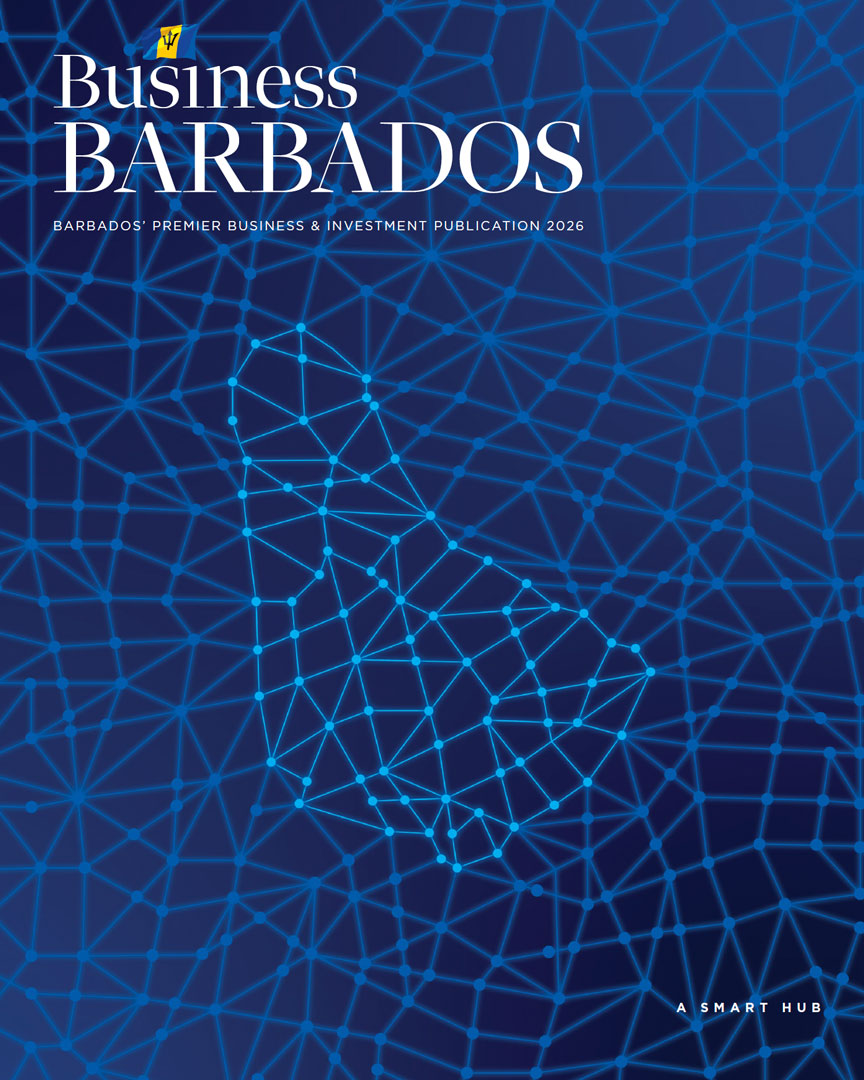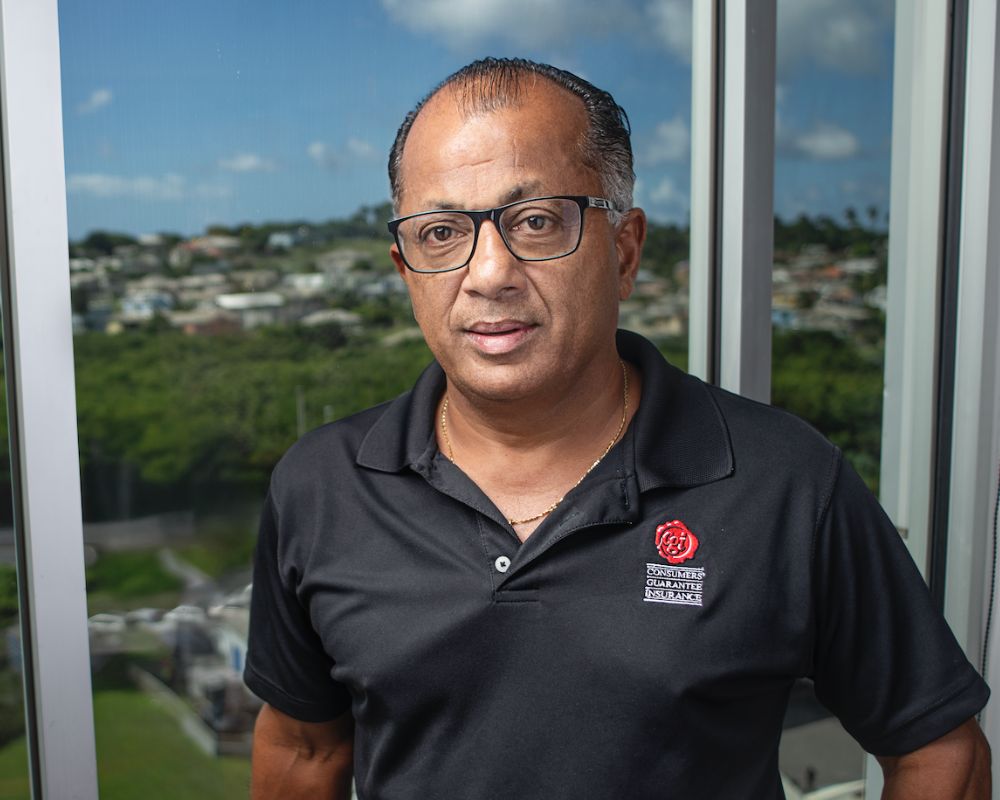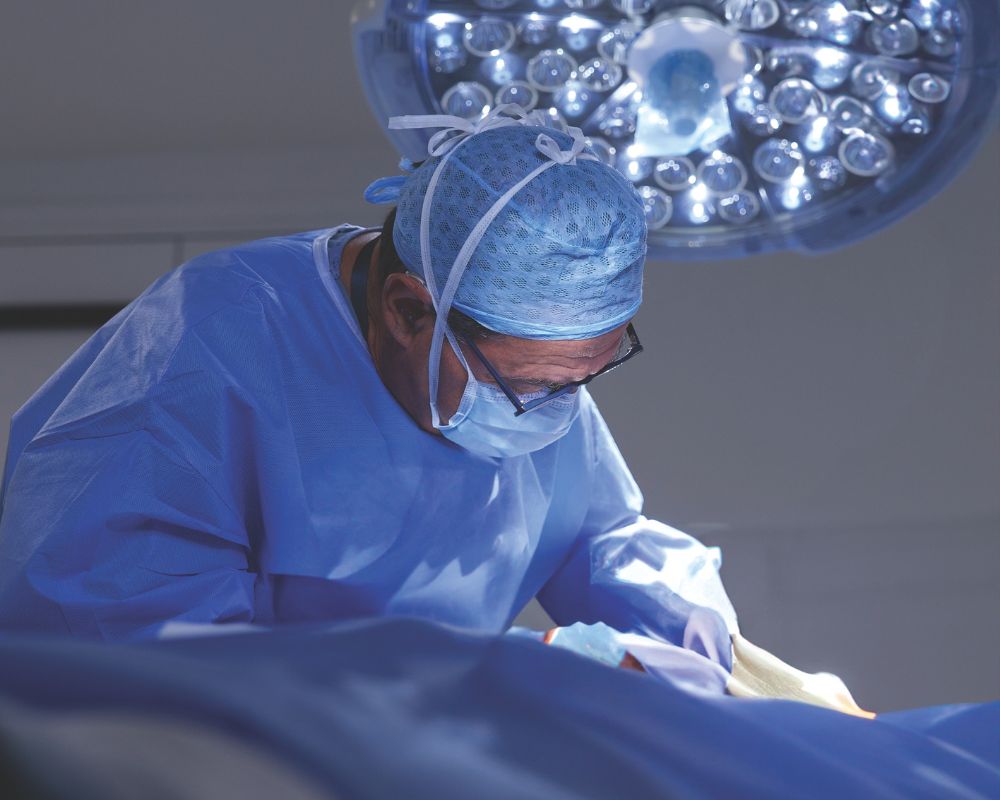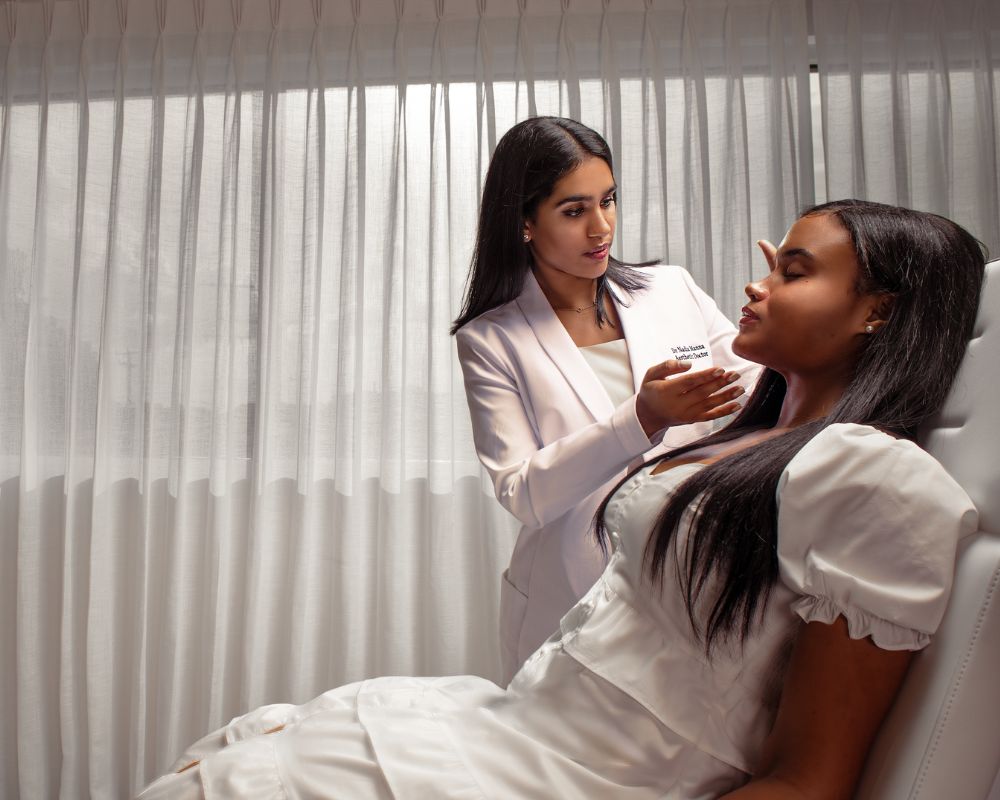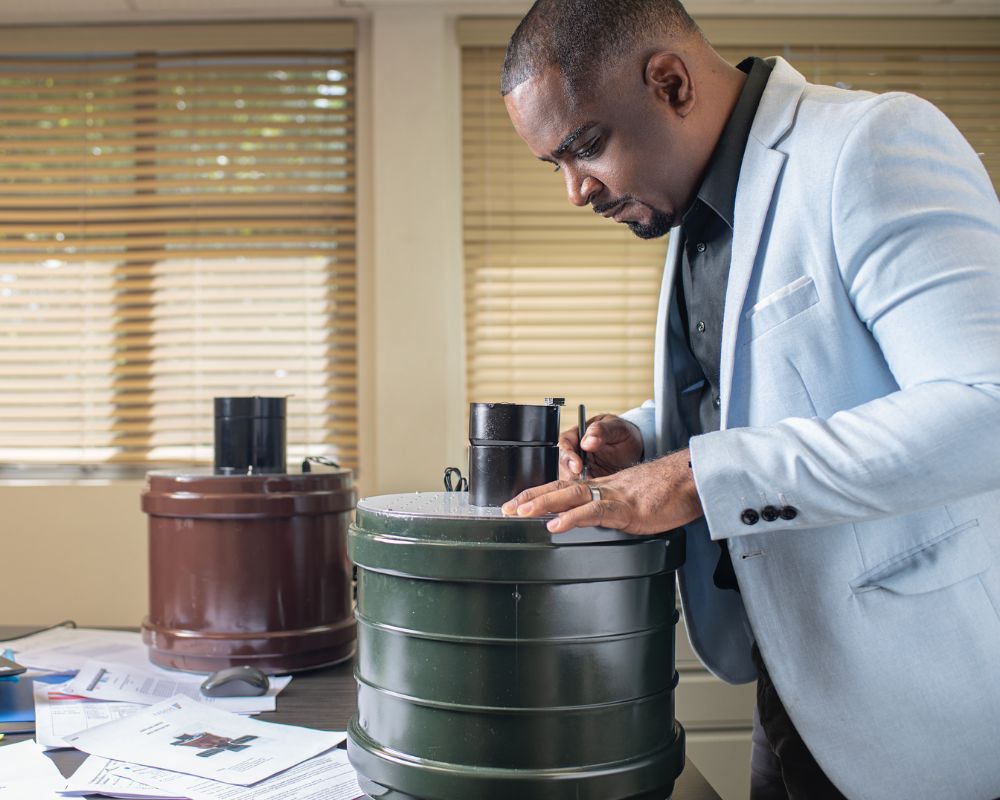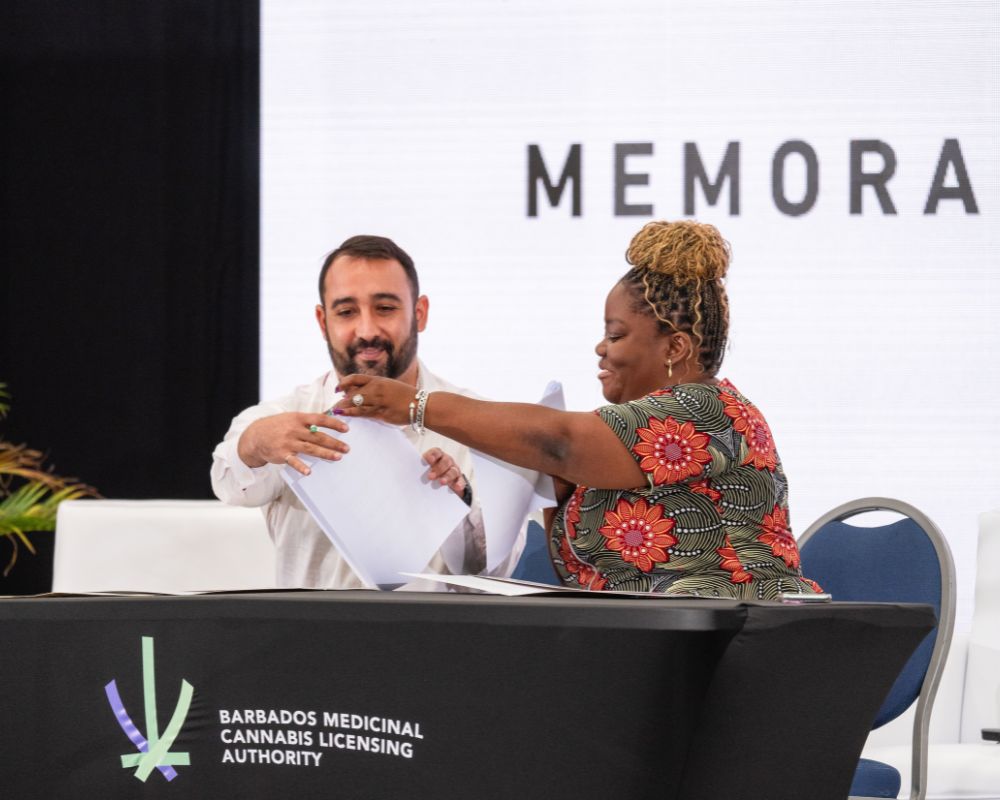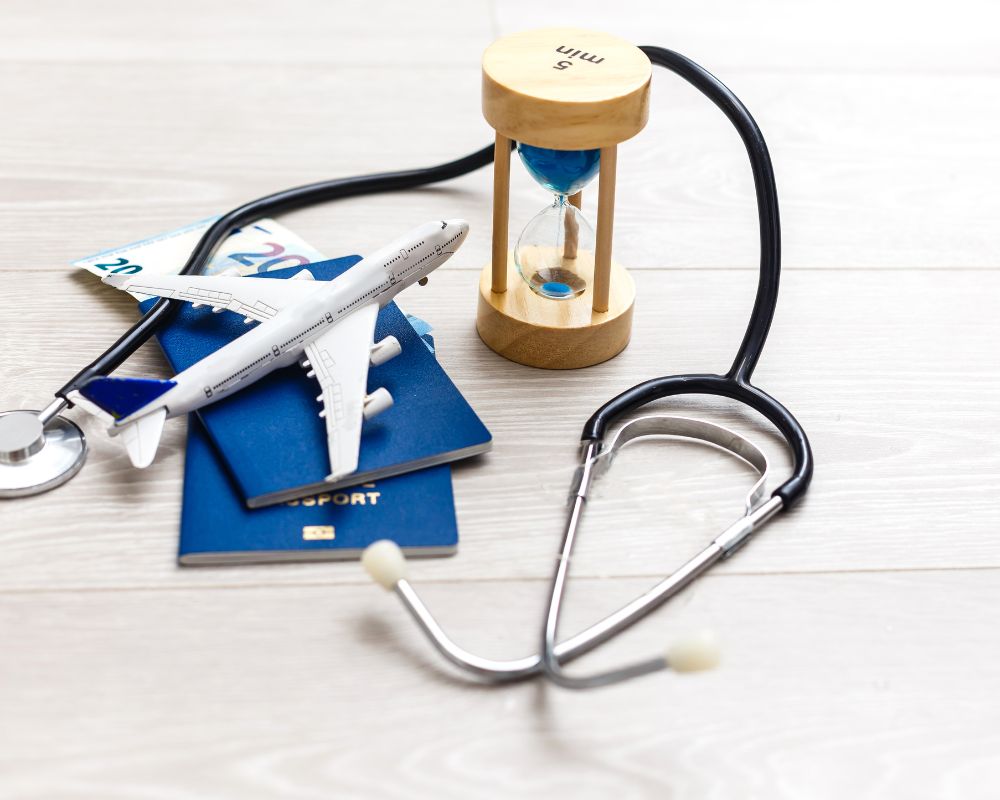
My Father was professor of Anatomy at Guys Hospital, London, and in 1971 he undertook to spend a semester teaching at the University of the West Indies in Kingston, Jamaica. For us four little kids and my mother tagging along, we had a magical family experience unheard of within our UK background, which left me with a strong emotional connection to the Caribbean.
Life was kind to me, and I became Consultant Vascular Radiologist at The Middlesex Hospital (UCL), London. After marrying Emma, we soon had three pups of our own. Emma is fearless and she persuaded me to take a sabbatical, but where should we go with three kids all under five? To the Caribbean of course! We had fond memories of a short holiday in Barbados and after meeting UWI Dean, Henry Fraser, who was in London to visit his old Alma Mater, UCL, the plan was formed. I took a post as Associate Lecturer at UWI Cave Hill for a year. The best decision we ever made.
My first task was to get licensed by the Barbados Medical Council, and I was helped greatly by the generous welcome of the Barbados medical community at Queen Elizabeth Hospital (QEH) and Bayview Hospital. Interventional radiology was new to the island at the time (2007/8), and anything I could do with what was available was gratefully received and encouraged.
In 2001, I had established the first Endovenous laser service for varicose veins and ulcers in the UK – developing out of my research into laser ablation of cancer secondaries – and had a laser unit shipped out to set up the first such service in Barbados, thanks to the encouragement of Mr Chris Warner, General Surgeon at Bayview Hospital, who is my ‘Barbados Mentor’. Since this new way of treating varicose veins is light of touch – ultrasound-guided and without scarring – it is a great step forward from the old ‘strip surgery’. And because it requires less resources, hospital beds, etc, it can be delivered more affordably, eliminating ‘lifesores’ and daily pain for more people.
The treatment of fibroids is another significant area where we have been able to contribute to progress. Fibroids are a scourge of women in the Caribbean, affecting up to 75% to some extent, causing excessive menstrual bleeding leading to anaemia, excessive, long and painful periods, and other miseries that can reduce fertility. Rather than resorting to hysterectomy or partial hysterectomy with all that entails, we now offer light-touch, minimally invasive Fibroid Embolisation (aka Uterine Artery Embolisation) at Bayview Hospital where full medical backup is available to International standards.
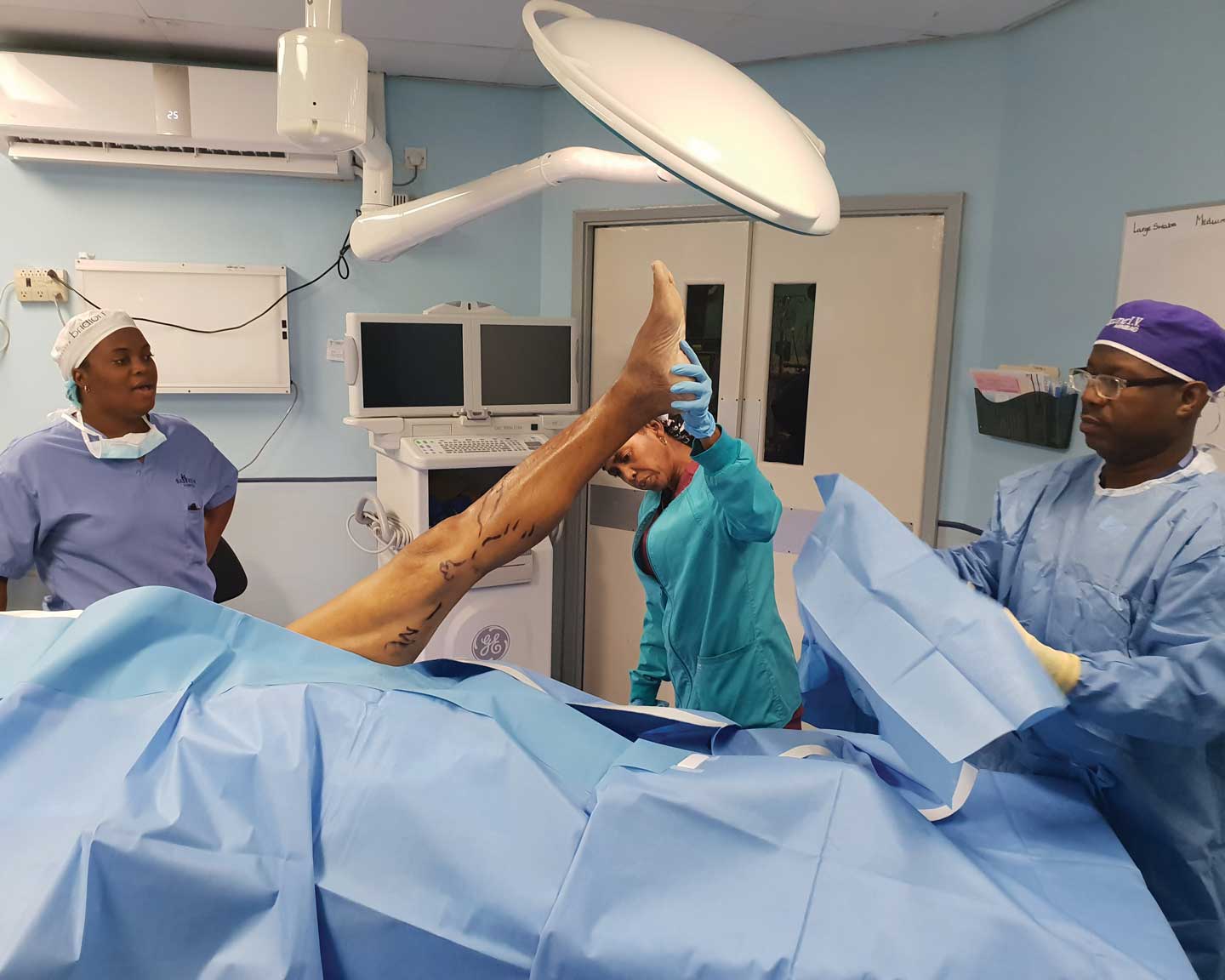
Over the fifteen years of my medical service in Barbados, I have also continued to assist at QEH when required, such as implanting dialysis (venous access) catheters, and I maintain friendly and collegiate links with that vitally important institution.
Barbados has an unparalleled tourism brand status in the UK, where it is considered a ‘dreamplace’ on everyone’s bucket list. All my team at University College are sweetly jealous of my connection with Barbados in the most positive way and would take little persuasion to increase the medical connection for training, exchange and education purposes. Reciprocally, in 2018, I was able to facilitate the training of a QEH manager at Royal Free Hospital, London.
The general infrastructure and availability of highly educated people already makes Barbados a healthcare hub in the Eastern Caribbean with an established reputation, and its location and ease of access to the USA also opens up potential for participation within that medical market. Examples of such practices in Barbados are established, including my own, and prove the principle, but the possibilities are much greater with suitable organisation, investment and collaboration of resources.
Barbados is a small island from a medical viewpoint and provision of specialist services depends on a robust network of international connections, just like such services are provided in larger countries with concentration of rarer and more complex services in university hub hospitals. With the advent of better digital communication, such networks can support the provision of specialist services locally when possible – expert discussion of individual cases via regular portal meetings – and the easy exchange of patients and staff when necessary to provide the best possible and affordable treatment.
Such a network structure, with established specialist service providers internationally, supports the local medical services, maintains standards and provides access to expertise and training that cannot be provided locally. The benefits to the local and regional population are manifest in supporting a robust and sustainable healthcare system. This would be the firm foundation on which services could be developed in the form of Medical Tourism to bring further investment into the Barbados Healthcare economy.
I am planning to extend my periods of stay and widen the scope of what I can offer. I also hope to participate in what could be a time of growth and development for Barbados healthcare both locally and internationally.






